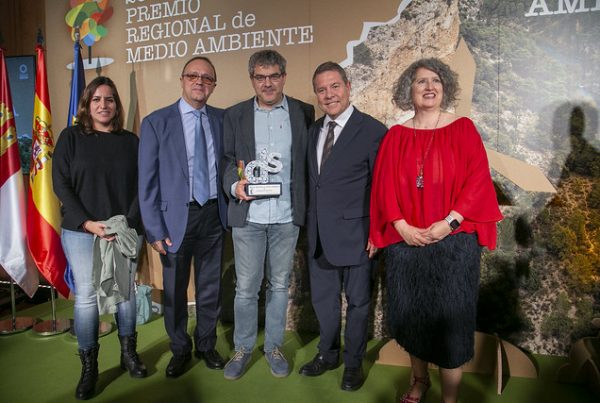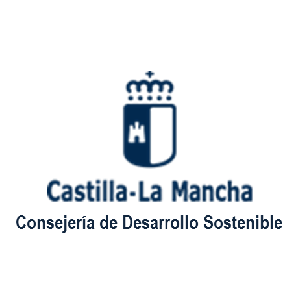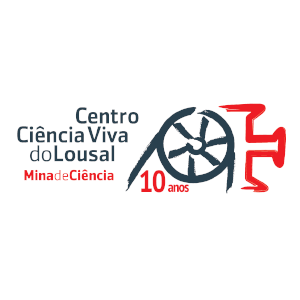The LIFE RIBERMINE project “Fluvial freshwater habitat recovery through geomorphic-based mine ecological restoration in Iberian Peninsula” (LIFE18 ENV / ES / 000181), has an estimated duration of 4 ½ years (September 2019 to March 2024) and an AFTER-LIFE continuity plan of 5 years.
Fluvial freshwater habitat recovery through geomorphic-based mine ecological restoration in Iberian Peninsula
LIFE18 ENV/ES/000181
Subscribe newsletter
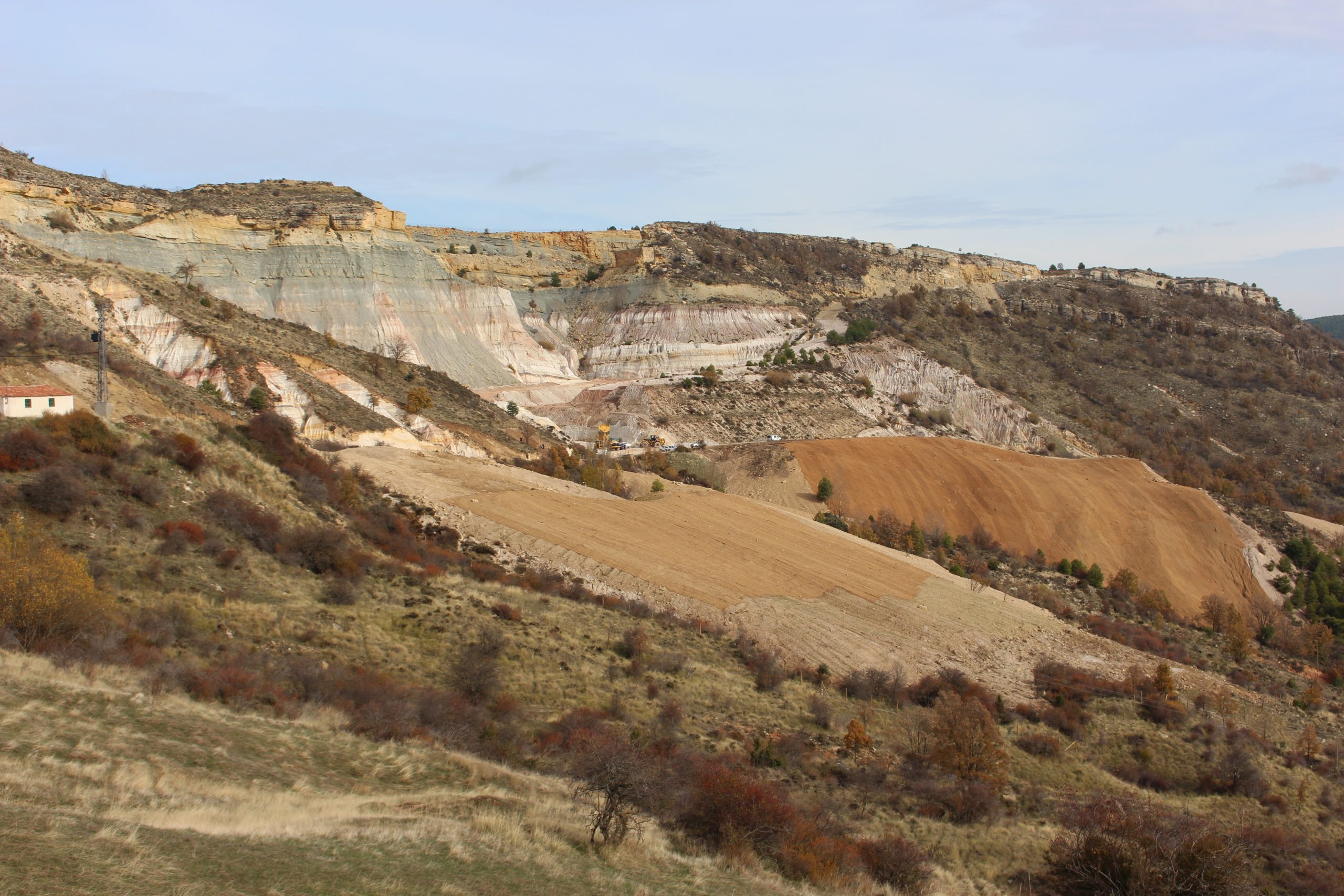
What's new?
Flowering Fields of the Lousal Pilot Project – Short Version
Talus Royal Method
Comparison of intervention areas
Use computer mouse over images
Lousal
September 2021 I November 2021


Peñalen
2019 I 2022


The Project
LIFE RIBERMINE is based on a multidisciplinary approach, in areas affected by mining activities in the Iberian Peninsula, where pioneering techniques of geomorphological restoration (GeoFluv-Natural Regrade and Talus ROYAL®) are combined with landscape evolution models (SIBERIA) and revegetation with native species. It is intended to promote a complete environmental recovery which recreates the original landscapes, having positive impacts on the soils, on the cleaning of contaminated waters and on the quality of riparian habitats.
Mining Restoration Phases
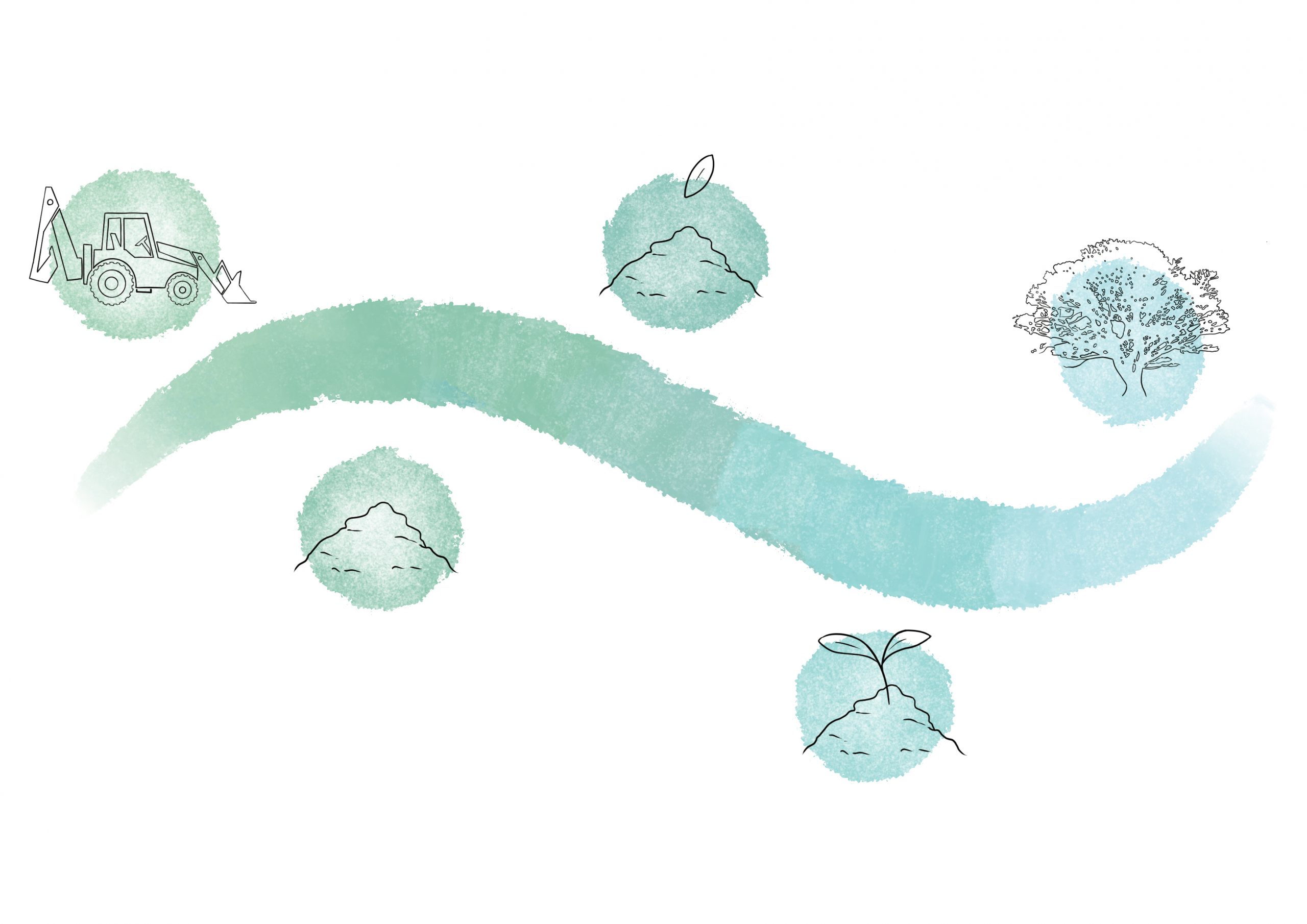
This LIFE ENVIRONMENT project is co-financed by the European Union and results from a Spanish-Portuguese partnership of 5 entities. It is coordinated by the Consejería de Desarrollo Sostenible y la Dirección General de Transición Energética del Gobierno de Castilla-La Mancha (Minas JCCM), having as partners CAOBAR, S.A. (Empresa Mineira), CCV Lousal (Associação Centro Ciência Viva do Lousal), GEACAM, S.A. (Environmental Management of Castilla-La Mancha Gov.) and UCM (Universidad Complutense de Madrid).
Name of the project: Fluvial freshwater habitat recovery through geomorphic-based mine ecological restoration in Iberian Peninsula
Acronym: LIFE RIBERMINE
Reference: LIFE18 ENV / ES / 000181
Duration: September-2019 to March-2024
Global Budget: € 2 941 280,00
EU contribution: € 1,613,979.00
Key Ideas of the Project
RECOVERY OF MINING AREAS
The mining industry is essential for the maintenance of societies, has great economic importance in the EU and employs thousands of people. However, there are several environmental impacts associated with this activity, so the recovery of mining areas is essential.
ECOLOGICAL RESTORATION OF HABITATS
Mining impacts may include contamination, erosion and silting up of water lines and mischaracterization of the hydromorphology, impairing nature conservation and the maintenance of the riverside biodiversity. Appropriate mining restoration practices combined with ecological habitat restoration are essential to keep a good environmental quality.
GEOMORPHOLOGICAL SOLUTIONS
An adequate ecological restoration combined with innovative techniques and solutions that use the geomorphological potential of the sites involved, guarantee the landscape naturalness and the ecosystemic functionality.
IMPROVING WATER QUALITY
Physical and chemical contamination of water in mining regions can have varied origins, like the erosion and sediment emission or the Acid Mine Drainage (DAM). Finding solutions to avoid these phenomena, prior to their contact with natural water courses, is a primal goal in the recovery of such areas.
BIODIVERSITY CONSERVATION
The knowledge and respect for the natural values and biodiversity that are part of a mining region, guarantee the possibility of making mining activities compatible with nature conservation, through the ecological restoration of degraded areas, namely in protected areas.
SUSTAINABILITY
The mining activity has a long tradition in the Iberian Peninsula being part of its cultural identity. Usually developing in sparsely populated and depressed areas, it contributes to the attraction, growing and pep of the population. Former recovered mining areas, can also provide education actions and sharing on mining history and technology. Scientific and nature tourism and similar activities are opportunities to boost the population, preserve the local memories and obtain new products, thus contributing to a sustainable development.



